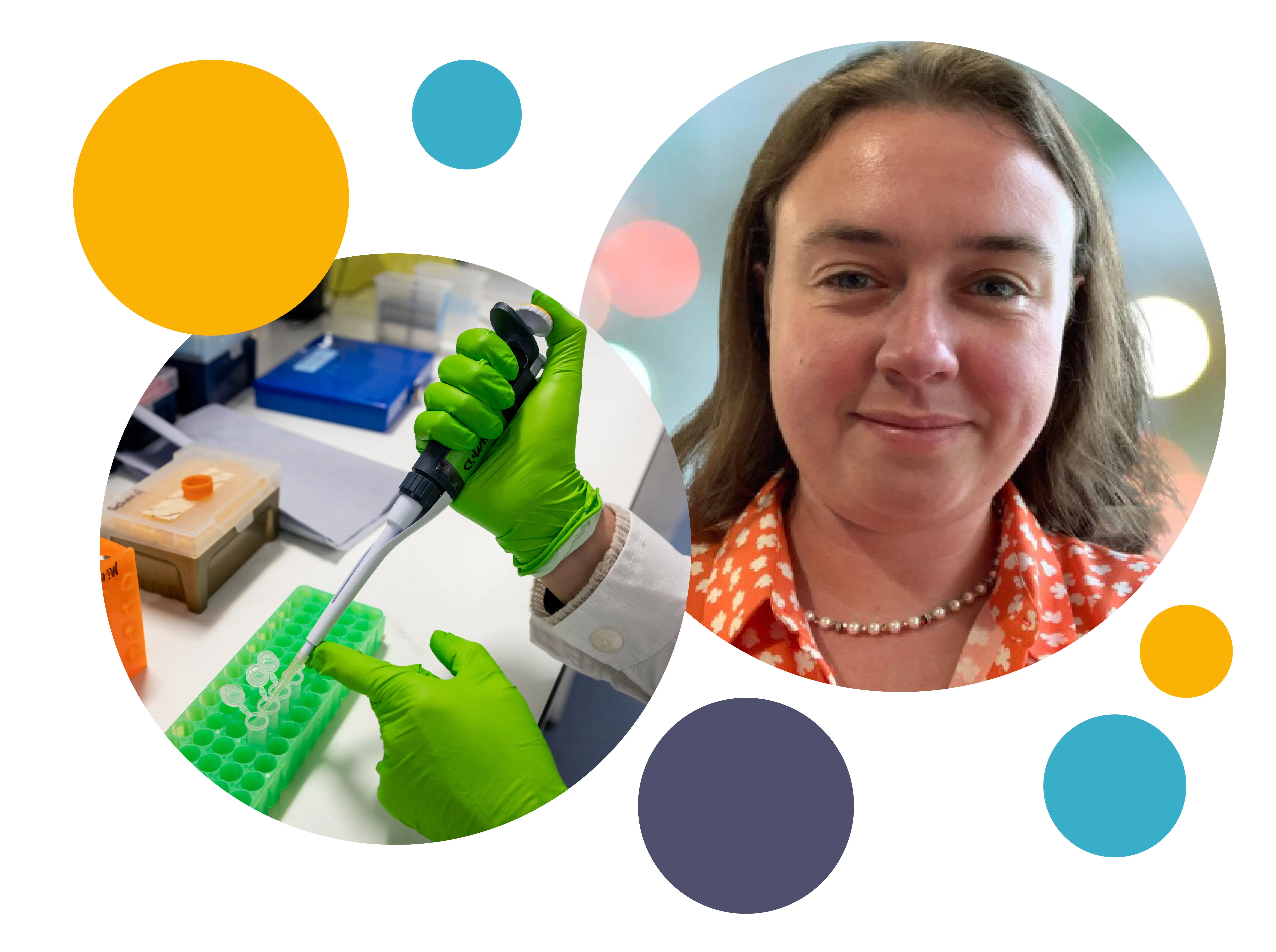Early Lung Cancer Detection
A Blackpool based researcher has completed a two-year trial of new technology designed to predict the likelihood of lung cancer developing.

A Blackpool based researcher has completed a two-year trial of new technology designed to predict the likelihood of lung cancer developing.

Dr Danielle Bury and her team at Blackpool Teaching Hospitals NHS Trust have been testing a sensor-based technology which analyses a small volume of saliva using a diamond spectroscopy device. The saliva swab is placed against the diamond sensor and light passing through interacts with chemical bonds to generate a fingerprint spectrum.
This data is then explored mathematically for features and results that correlate with CT scans obtained through the national lung cancer screening programme. The team used this data to build a predictive model of saliva analysis and have been able to continue testing for accuracy on a wider range of samples.
Danielle said: “Early diagnosis of lung cancer vastly improves prognosis and survival. An early, predictive detection method has vast potential as an inexpensive and high output alternative.
“The aim was to base our sensor in a clinical setting or in an adjacent lab. We mostly achieved this and when samples needed to be taken off site they were transported stably to the lab. Our other aim was for a scientific researcher to liaise with the frontline clinical team to easily facilitate the identification, consent and obtaining of saliva samples from the cohort of 2000 individuals. We achieved this and all samples were analysed, and the data then interrogated.
“The results of the project suggest our fast and non-invasive approach can identify underlying lung cancer. Results were achieved with high accuracy, alongside high sensitivity and specificity (all > 90%). For a pilot study this is an exceptional outcome. The work has been published in peer-reviewed journals and laid the basis for several new projects, with many more in the pipeline. We’re pleased to also report that the recruitment portion of our trial has been adopted into the National Institute for Health and Care Research portfolio and will be transformative for the clinical trials landscape nationally.”